The advent of artificial intelligence has brought into question the ethics of employing it in creative fields. On one hand, AI can be used to supplement the development of a piece of art. On the other, it can be used as a crutch—something becoming alarmingly frequent in the hip-hop world.
The first example of AI in hip-hop was that of “Heart on My Sleeve”— an AI-generated collaboration between Drake and the Weeknd released in April 2023 by TikTok user Ghostwriter977; initially misrepresented as a real song that had been published unofficially, the song quickly gained popularity after circulating on social media.
However, just under two weeks after its release, it became apparent that “Heart on My Sleeve” was artificially made. Universal Music Group, the label that Drake and the Weeknd operate under, was swift to file a takedown notice for the song across all platforms.
The most startling element of this incident was how easily people didn’t notice that “Heart on My Sleeve” was of artificial intelligence design. After all, before its removal, it amassed millions of views and streams across various platforms and received acclaim from many fans, including Philadelphia rapper Meek Mill.
Following this debacle, Stanford professor Ge Wang declared that the “cat is not going back in the bag.”
Wang has been proven correct. Two years later, AI’s capabilities have only grown. While a hip-hop enthusiast might be able to recognize AI in an artist’s music, casual listeners are unlikely to. How long until nobody can notice, and AI-generated music becomes indistinguishable from human creation? Understandably so, those who oppose AI in music fear the potential normalization of AI in music. AI dilutes the authenticity and intentionality of music, undermining the value of human creativity and artistry.
Additionally, we’re looking at a slippery slope. In the same way that students went from dabbling into AI to submitting AI-generated essays, artists releasing entire AI-enhanced albums doesn’t look like such a distant possibility anymore.
Fortunately, this isn’t a reality just yet. After over 4 years of teasing a new album, the enigmatic rapper Playboi Carti released MUSIC on March 14th, 2025. Fans across the world took to streaming platforms, evident in the album’s 490 million first-week Spotify streams—a figure rivaled only by household artists like Drake and Taylor Swift. However, soon after the album was released, longtime fans began to notice that Carti’s vocals on the songs “RATHER LIE” and “FINE SH*T” were similar to that of fan-made AI-generated songs made in his lengthy absence. While MUSIC’s AI usage is yet to be confirmed by the rapper himself, several social media news outlets have reported on it. Furthermore, after comparing the indicted songs to previously made AI-generated Carti songs, it is hard to deny the uncanny resemblance.
This isn’t the first time a mainstream hip-hop artist has come under fire for AI in music. Ye (formerly known as Kanye West) has admitted to having used AI heavily in the construction of his upcoming album Bully. Ye has compared AI to autotune, viewing it the same as any other tool enhancing the creative process. He’s also released a freakish AI-generated music video, making it clear that AI is here to stay on his music projects.
While not as overt, several other artists have also taken advantage of the AI revolution. In 2023, Canadian singer-songwriter Grimes released GrimesAI-1 and invited musicians to clone her voice using her AI tool. Amongst various other artists, Charlie Puth, Demi Levato, and T-Pain have joined AI-driven music projects led by YouTube, allowing users to create short songs using the AI-generated voices of participating artists. This promotion of AI appears to be more socially acceptable, as these artists aren’t using it as a crutch.
This varied usage of artificial intelligence in music speaks to a broader question that students at ASIJ are dealing with every day—to what extent is the use of AI okay? Fans of both Ye and Playboi Carti have received significant backlash for their controversial practices. Still, given that both artists continue to be streamed by tens of millions of people every day, it’s unlikely that this will have any effect on their approach to the creative process. “RATHER LIE”—one of the tracks Carti used AI on—has amassed 46.3 million streams in just 11 days, demonstrating that listeners largely remain oblivious to these concerns. AI usage does not appear to damage an artist’s reputation meaningfully—yet.
While AI is undoubtedly a brilliant tool that can be harnessed for the benefit of humanity, and “RATHER LIE” is admittedly a great song, it’s slightly unsettling that artists are using it to this extent within a few years of its inception. It’s becoming increasingly crucial to make the distinction between human and AI creation and to acknowledge the dangers AI poses to human creativity. As this phenomenon progresses, time will only tell who wins the battle between artistry and artificial intelligence.

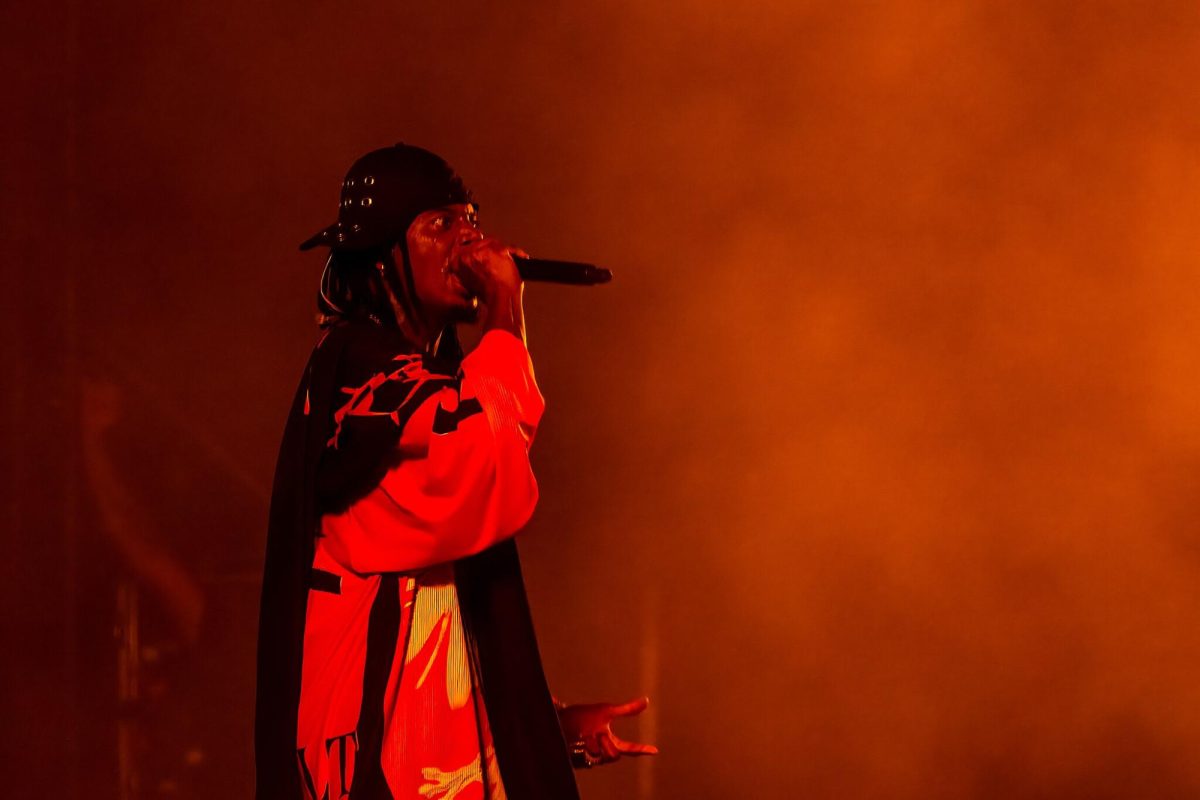
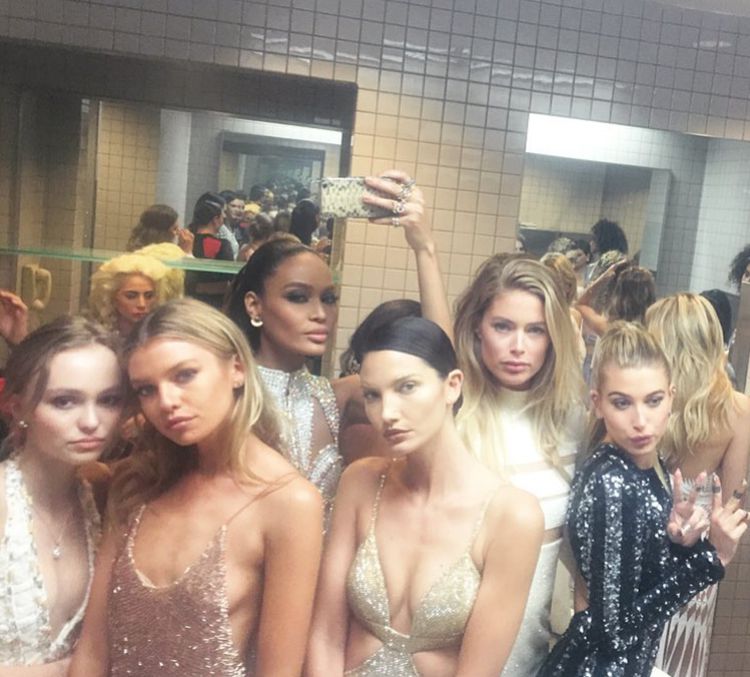

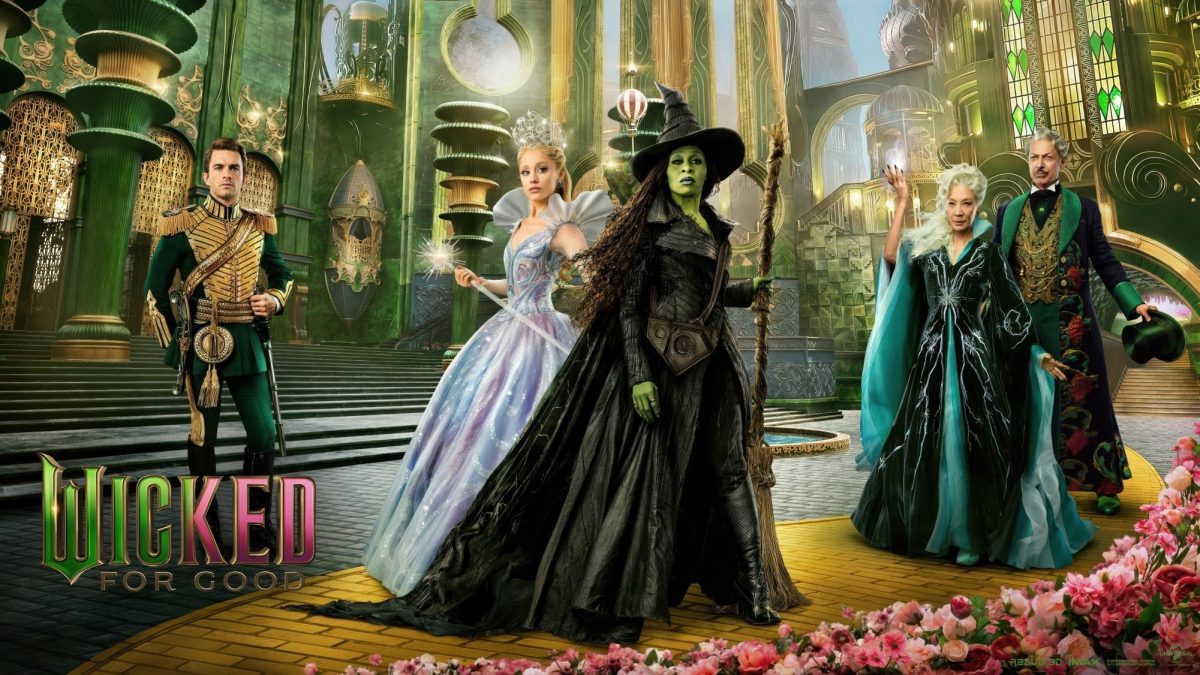
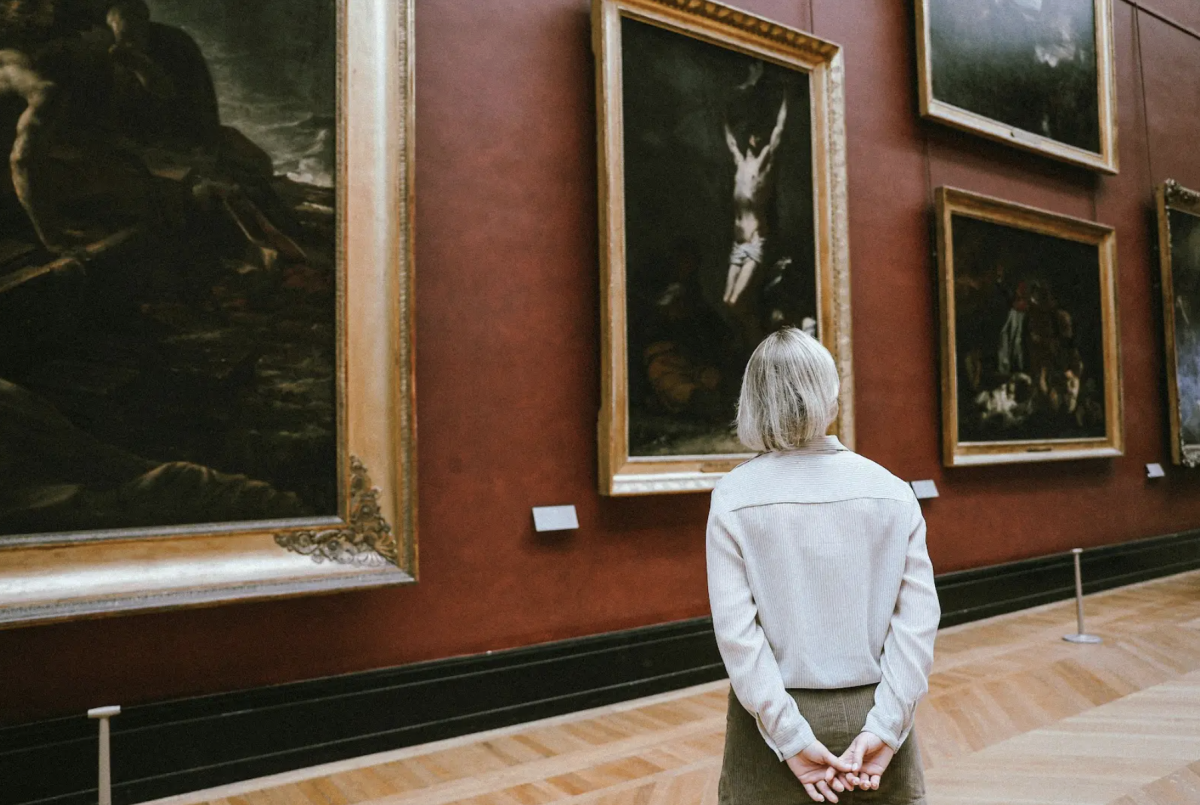
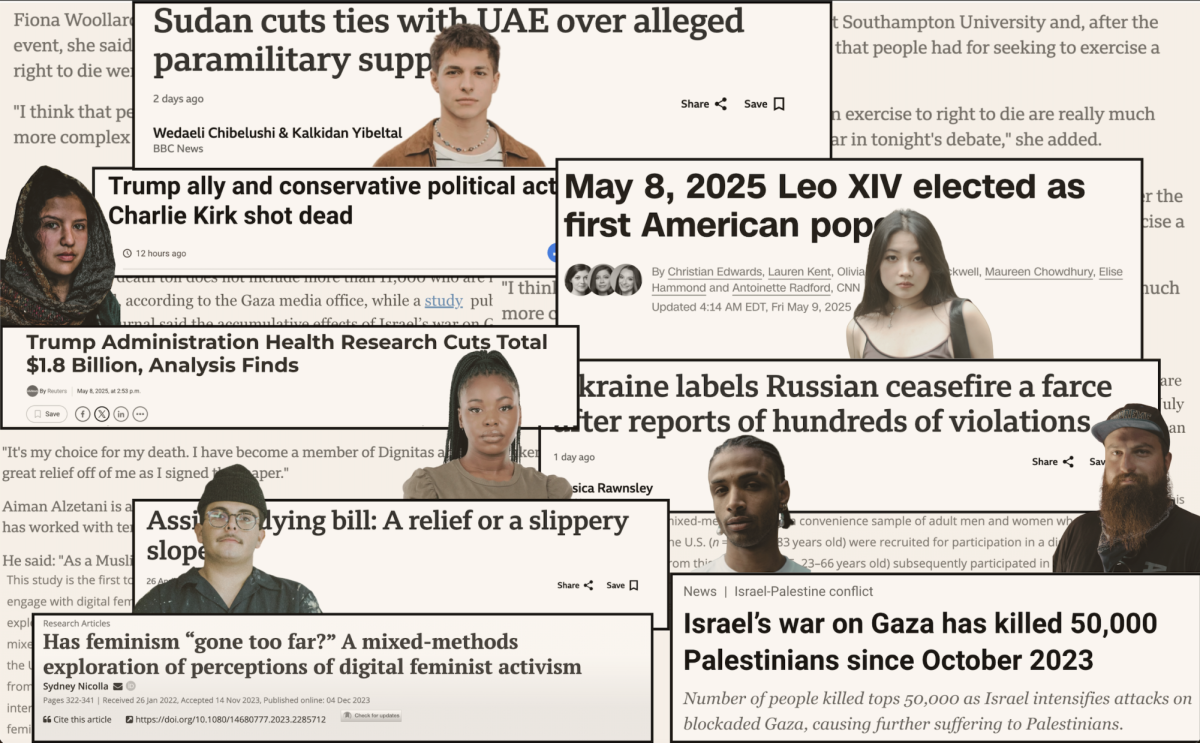

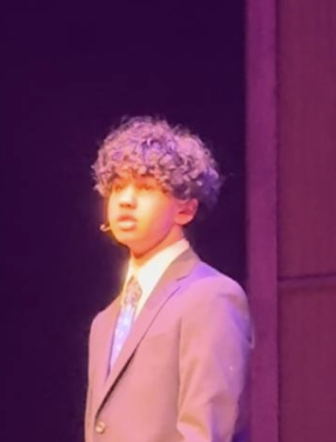
Arnab • Apr 2, 2025 at 5:01 PM
Interesting article Shivaan!